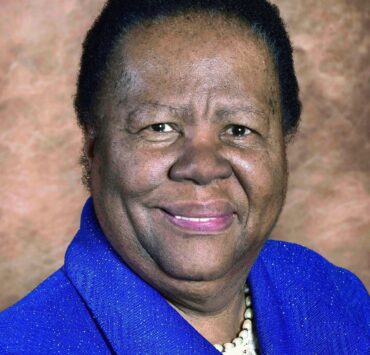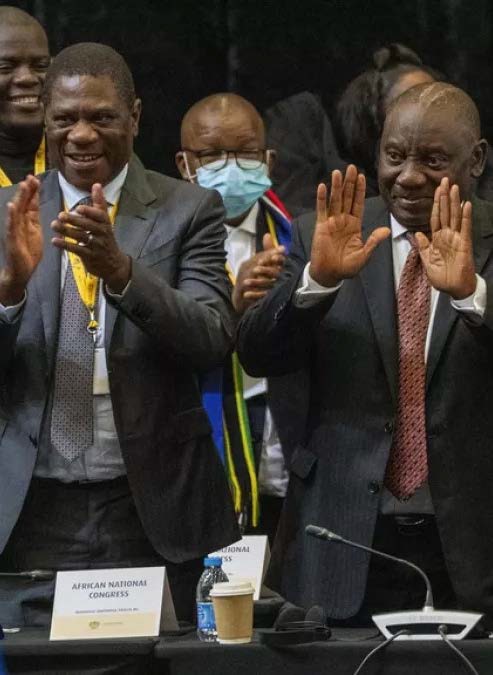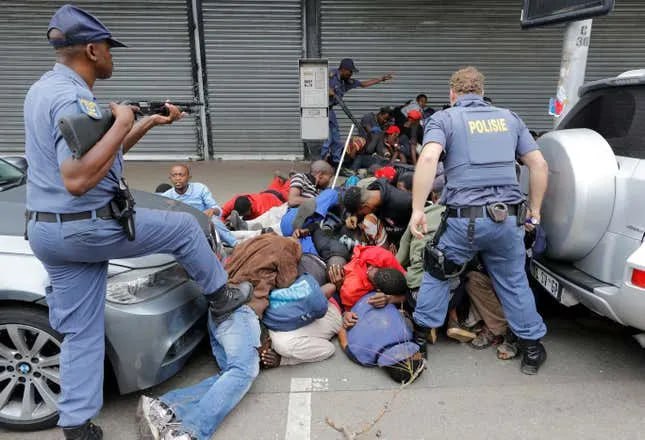Global Challenges of Social Cohesion

Dr. Bhengu is an Independent Researcher on Afrikan philosophy, Afrikology…
This is the time in our historical existence to undergo surgery to repair the physical and mental damage we have endured for more than 500 years of colonialism. It is the period for reclaiming our birthright and it is also a frightening period when we are confronted with the reality of reconstructing our country. The challenge facing us is monstrous. We are ushered into an era where we are to find ourselves: who we are, what we are, who/what we can be. The immediate task is to free ourselves and get into social cohesion mode.
In Africa, the principle of social cohesion can be viewed as an important, humanist philosophical mission intended to counter the Apartheid belief system based on racism, exclusion, partition, and gross human abuse. But Social Cohesion does far more than that: It produces a community or society that is cohesive to the extent that the inequalities, exclusions, and disparities based on ethnicity, gender, class, nationality, age, disability, or any other are significantly reduced or eliminated. It advocates the coming together of the country’s diverse histories, languages, cultures, and more. Together these aspirations coalesce, culminating in the quest to establish a single, inclusive, national community.
The consequences of growing global inequalities and uneven development are starting to be noticeable because of their effect on social cohesion. Africa is such a continent that bears the consequences of having the most unequal society in the world.
Inequalities are drastically becoming one of the foremost challenges that the world is facing due to the disparities between the rich and the poor especially in developing countries. While the world is facing growing social and economic inequalities between societies, there are fundamental upheavals that are starting to undermine social cohesion. Recent studies have shown that inequalities are accompanied by a reduction in social cohesion, specifically in interpersonal trust between different groups (Rothstein and Uslaner, 2005).
South Africa is a prime example of such a country that is mired in inequalities that are starting to impact its social cohesion. The country has an income Gini that ranges between 0.66 to 0.70% (World Bank, 2016). This is a testament to the failure to redistribute socio-economic benefits more than 20 years after the advent of democracy.
The transition from apartheid South Africa to a democratic dispensation in 1994 was hailed as a miracle transition that received international praise.
It set South Africa on a new footing with the claim of a rainbow nation under the late iconic Nelson Mandela. In 2014, the country celebrated two decades of democracy but the celebration was not entirely met with jubilation, but rather curiosity from the side of the masses who are mired in poverty. The rising inequality is a key challenge for South Africa that adversely impacts economic development and socio-political stability. The accrued disparities have resulted in the undermining or setback of the reconciliation project that South Africa embarked on after 1994 because privileges are still drawn along racial lines.
Our view is that as long as the continent is still facing immediate triple socio-economic challenges of poverty, unemployment, and inequality, chances of having a real natural and humane social cohesion are not close.
What's Your Reaction?
Dr. Bhengu is an Independent Researcher on Afrikan philosophy, Afrikology and Egyptology. He is an established and experienced author, self-publisher and managing director of Phindela Publishing Group & Editor-in-Chief of INQABA Journal, a quarterly publication that specializes on Afrikology. He describes himself as an Afrikan of Nguni (Zulu) extraction, but then a global citizen. Black, but being in total fusion with the world, in sympathetic affinity with the Earth... “I am black not because of a curse, but because my skin has been able to capture all cosmic eluvia. I am truly a drop of the sun under the earth.” He says.

















